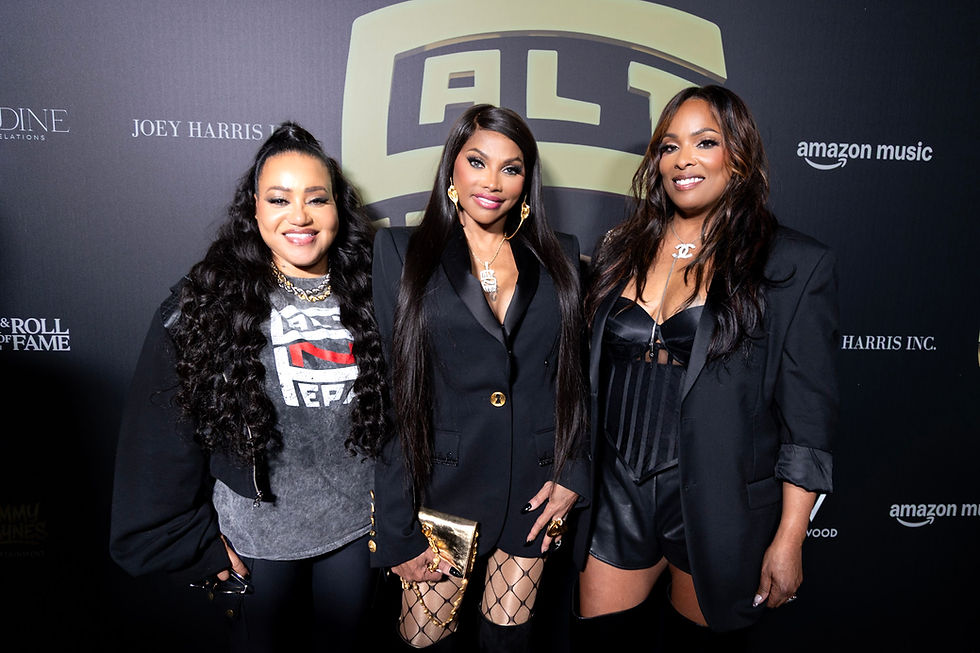Side Effects of Being "The Other Black Girl"
- Natasha Parker

- Oct 12, 2023
- 3 min read
For most people, work is where they spend the majority of their time, often even more than with their own family. It's natural for coworkers to become like a second family, but it can feel forced when you are seen as the minority. Sometimes, no one can really relate to you, others refuse to get to know you, and a few may bombard you with questions as if you're the spokesperson for your entire race or culture. This can make you feel isolated and uncomfortable in the workplace.
Have you ever found yourself as the only black woman in your workplace or at an event? Did it make you feel isolated, misunderstood, or overlooked? Have you ever attended an event where all eyes were on you simply because you were the only black woman in the room? How did that make you feel? Did you feel the need to change the way you spoke or acted, or did you feel like you had to minimize yourself to avoid drawing attention?
Have you ever had that giddy moment when your workplace hires someone like you, who can relate to you? Or that feeling when you meet another black woman at an event and you both share a smile that reassures you that you are not alone? It's great to find someone who understands and can support you.

Zakiya Dalila Harris, the author of the New York Times bestseller "The Other Black Girl," is well aware of the challenges of being the "only black girl." She has said, "I wrote this book for Black women who have been in those workspaces, but really for anyone who has been an 'other' in these kinds of spaces, and knows what it's like to have to go through certain things on their own." The book, which was a bestseller in 2021, has recently been adapted for TV and is now streaming on Hulu. The story follows the life of Nella Rogers, who has been the only black assistant editor at Wagner Books for years until one day she meets a new hire who is also a black woman. Nella's face shows a feeling of camaraderie and relief in the moment, as she realizes that she is no longer alone in the workplace.
The TV storyline takes us on different journeys of what it feels like to be the only black girl, and what it means to be the "other" black girl. Does being the "other" black girl come with pros and cons, or does being one of only two black women in the office have its advantages? Have you ever felt like the "other" in any space? How did you handle it? Did you feel out of place? Have you had the same experiences as Nella and felt a sense of relief? With these questions in mind, let's dive into the side effects of being the "other" black girl.

Side Effects of Being "The Other Black Girl"
A sense of sisterhood is formed, knowing that someone is always looking out for your best interest.
A coworker that gets all of your "Insecure" joke references
A woman who always has edge control and body butters on deck
Someone that you can bounce ideas off and sees your vision.
Secret competition
The workplace making y'all Feel like there's only room for one at the table.
Knowing that when you win that's a win for the both of you.
Cheering your girl on when she has a career accomplishment.
Knowing that you both are valuable.
Be compared by your non-black coworkers.
Feeling like you have to be loyal to them no matter what.
What are some side effects you would add to this list? Let us know in the comments.

.jpg)




Comments